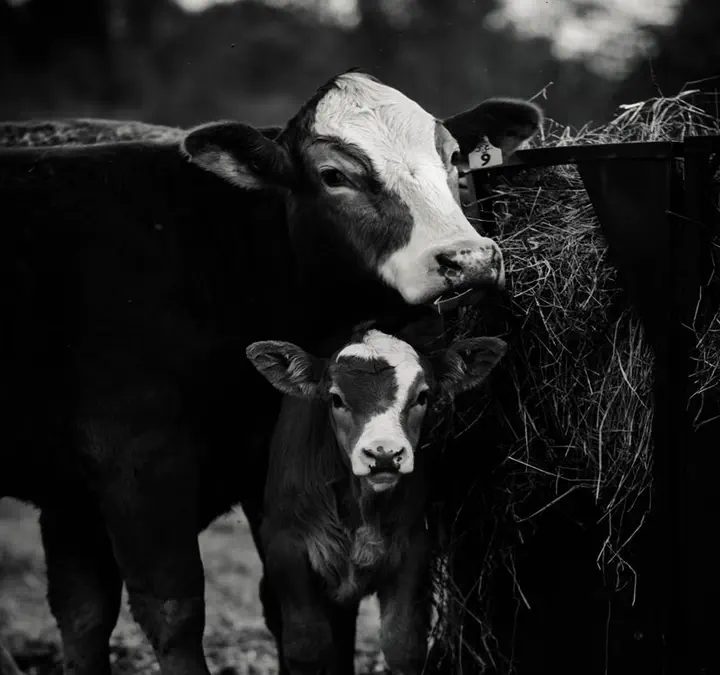Extending Cow Longevity on Dairy Farms by Improving Calf Management Practices in the First Year of Life

Data on colostrum management practices, pre-weaning nutrition (growth) and calf health events (morbidity and mortality) has been collected as part of a project conducted in New Brunswick. A comprehensive calf diary was designed to gather extensive information about the animals, blood samples were collected for health and immunity, and nutrition, weight gain and disease incidents were documented over time. New data from these animals, like milk production (305-day production for completed lactation, total lifetime production to end of study), date culled and reasons for cows leaving the herd will be extracted yearly from the DHI database. Association between calf early life management and adult cow productivity and longevity will be evaluated and calculated. The cost of production for raising dairy replacement heifers will also be calculated. The genomic profiles of the animals will also be connected with management, nutrition and health data to study the impact of early life management on achieving calf genetic potential as measured by the animal’s future productivity and longevity.
At the herd level, data will be collected on 3,000 calves from participating farms across Canada and combined with existing data sets of 5,000 calves. Information on colostrum management, nutrition, housing type, bedding, dehorning, weaning and feeding methods, as well as cow productivity, health and longevity will be collected. Calculations will be made to determine interrelationships between the management factors, and associations with failure to achieve genetic merit. They will also investigate the relationship between calf and heifer rearing practices including welfare and longevity, milk production and health.